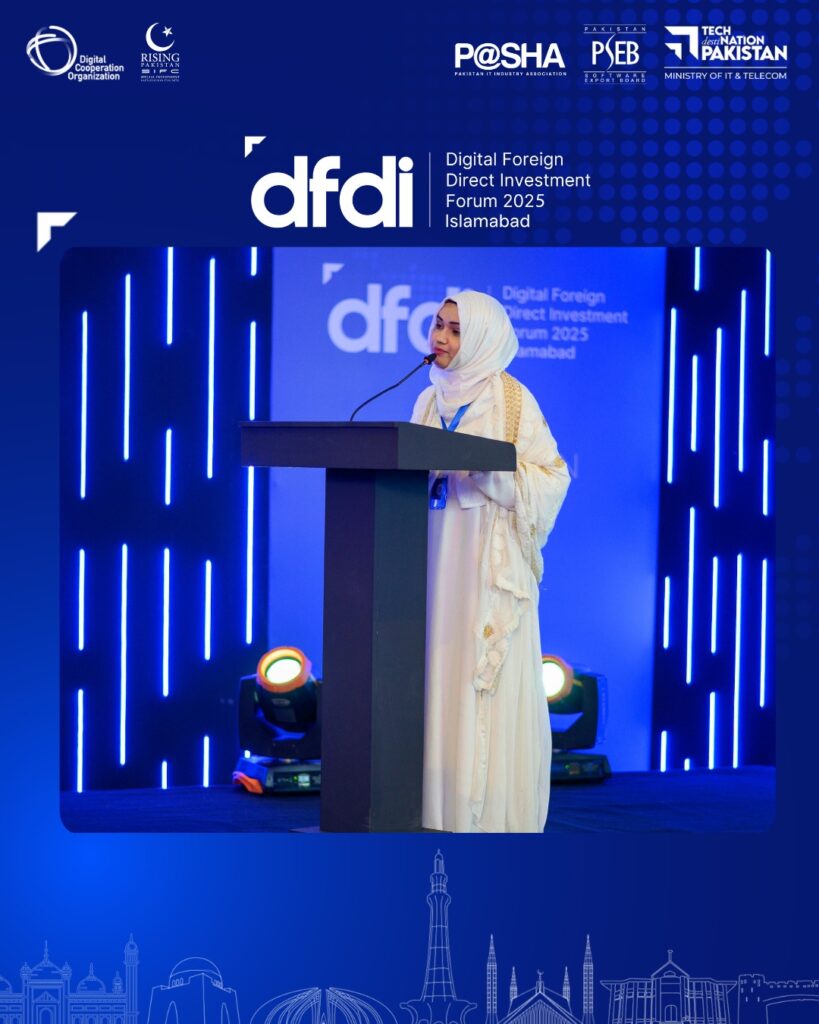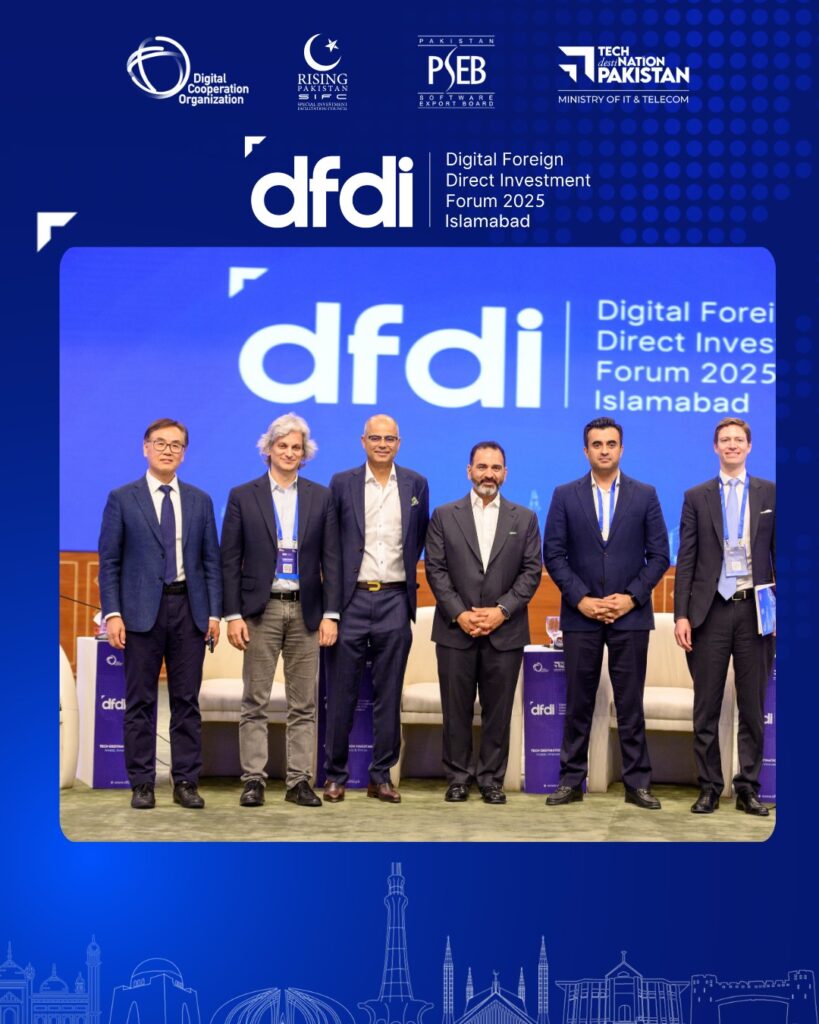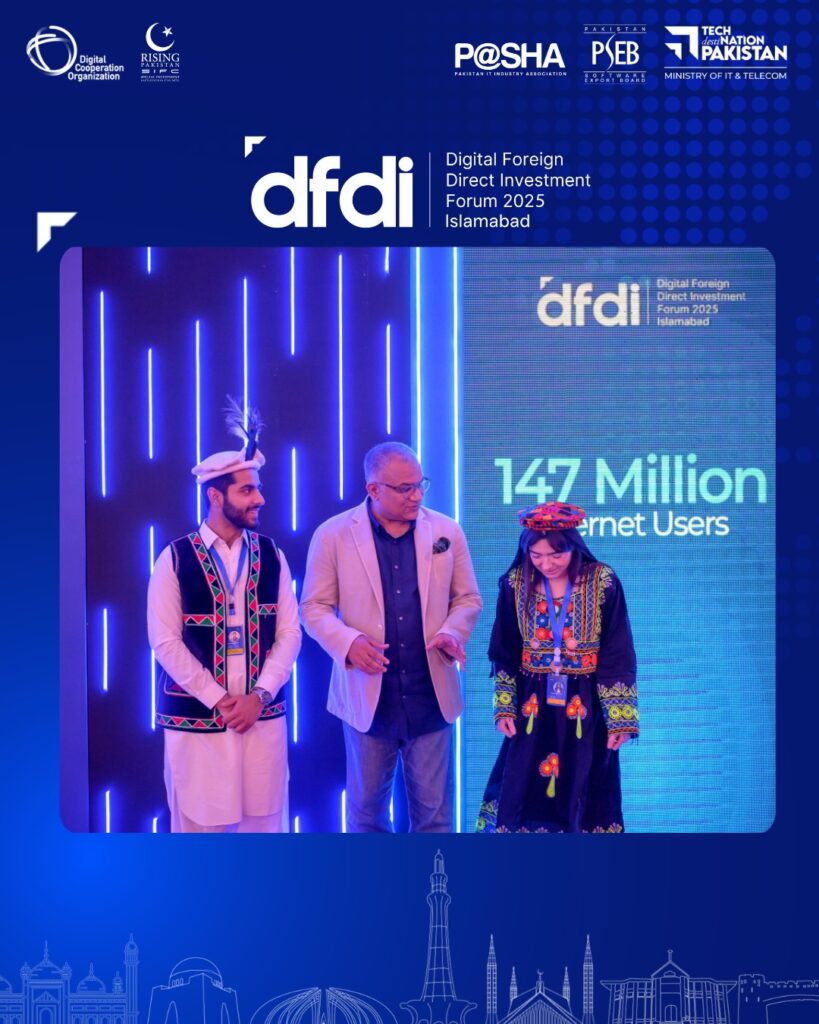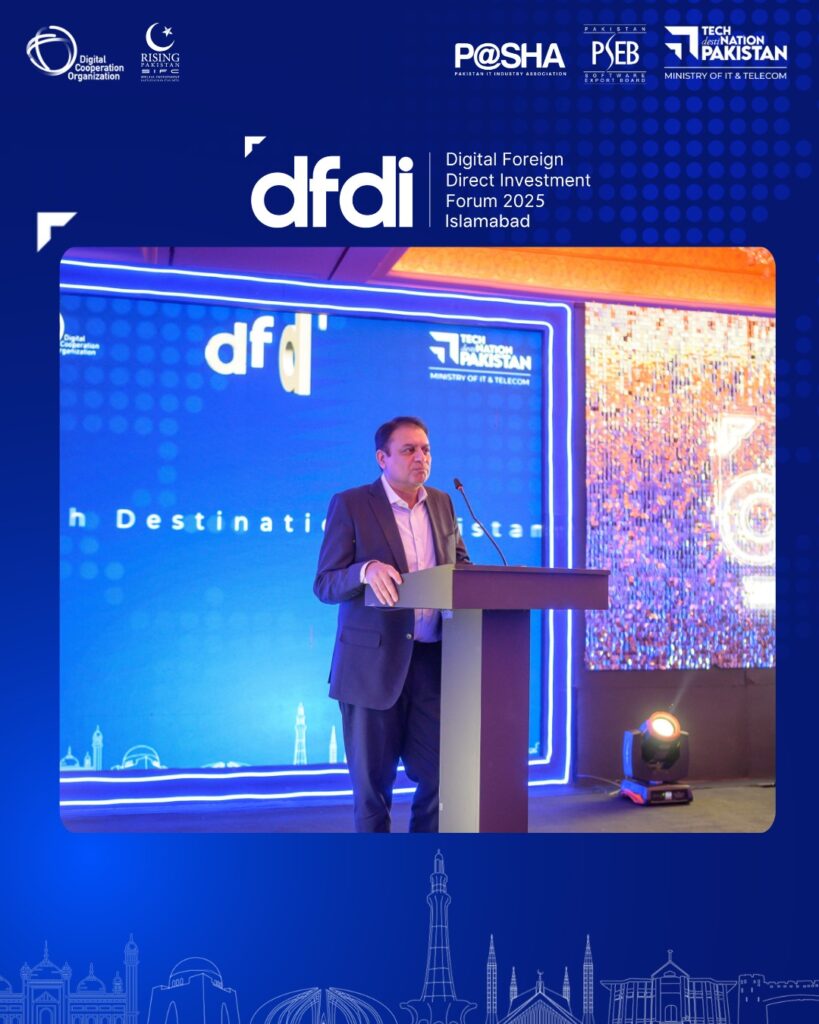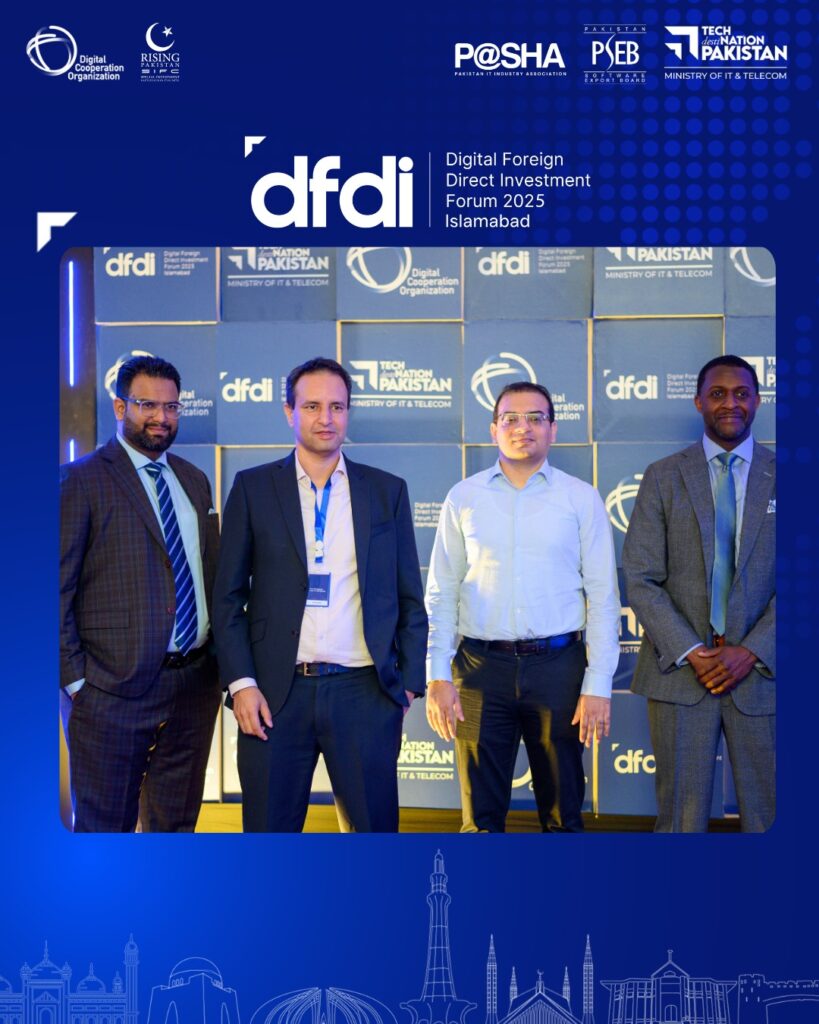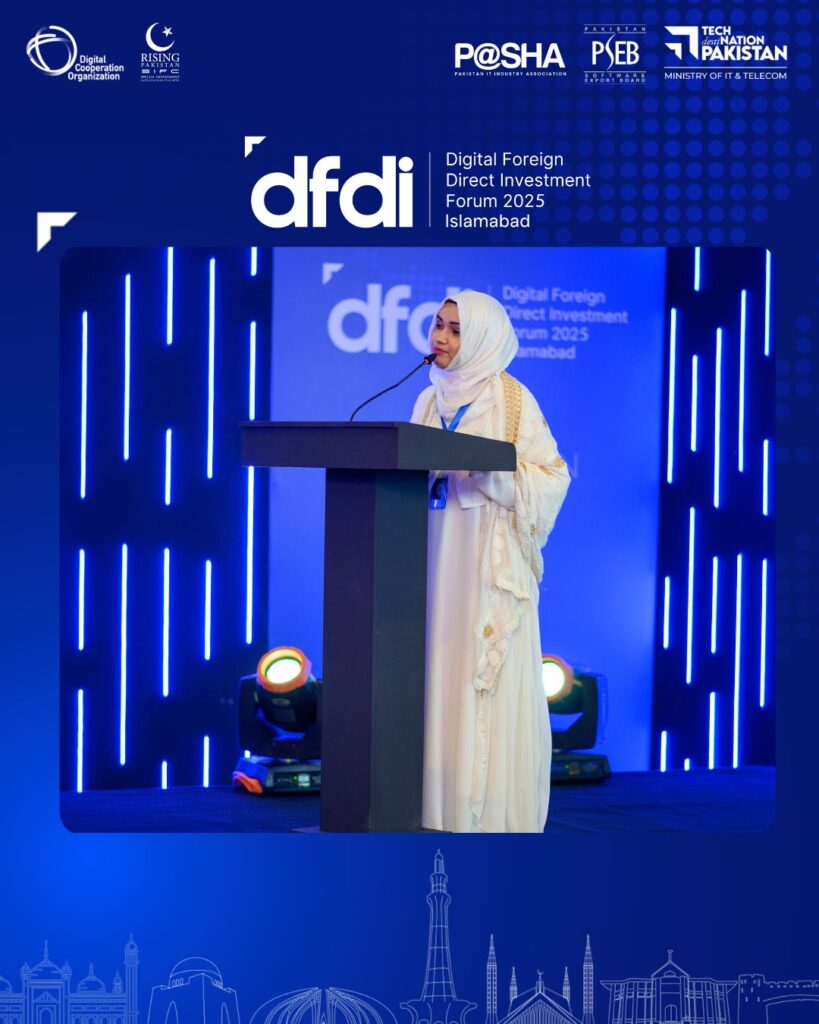Benefits of DFDI for Sustainable Development & Economic Resilience
🟢 Benefits of DFDI for Sustainable Development Benefits of DFDI for sustainable development are becoming increasingly recognized in global economic strategies. Digital Foreign Direct Investment (DFDI) is not only a catalyst for economic growth, but also a transformative force that fosters innovation, environmental responsibility, and social progress. In a world racing to achieve the Sustainable Development Goals (SDGs), DFDI offers the digital infrastructure and cross-border support needed to build resilient, eco-conscious economies. 🌍 Understanding the Benefits of DFDI for Sustainable Economies One of the key benefits of DFDI for sustainable development lies in its ability to connect emerging economies to global digital markets. With investments in digital infrastructure, cloud services, and e-governance platforms, developing countries can leapfrog traditional growth barriers and embrace cleaner, smarter solutions. 🏗️ Benefits of DFDI for Sustainable Infrastructure The benefits of DFDI for sustainable infrastructure are critical in transforming how nations build and maintain their foundational systems. Digital Foreign Direct Investment plays a vital role in upgrading infrastructure to be not only modern and efficient, but also environmentally responsible and resilient. Traditional infrastructure projects often lead to high energy consumption, carbon emissions, and unsustainable material use. In contrast, infrastructure driven by DFDI emphasizes smart technologies, resource optimization, and climate-conscious planning. This shift is essential for nations striving to meet the United Nations Sustainable Development Goals (SDGs), particularly SDG 9 (Industry, Innovation, and Infrastructure) and SDG 11 (Sustainable Cities and Communities). 🌐 Smart Cities and Intelligent Infrastructure One of the most impactful benefits of DFDI for sustainable development is the creation of smart cities. These cities use digital technologies—such as IoT, AI, and data analytics—to improve urban management and reduce environmental impact. Examples of DFDI-backed smart infrastructure include: These digital solutions help cities grow without overburdening natural resources. ⚡ Clean Energy Infrastructure DFDI enables investment in renewable energy infrastructure through smart grids, energy-efficient storage systems, and cloud-based energy monitoring. These platforms make it easier to: The benefits of DFDI for sustainable energy systems are especially crucial for developing countries that face frequent power shortages and want to bypass polluting fossil-fuel-based grids. 📡 Digital Infrastructure for Remote Areas Another key benefit of DFDI for sustainable infrastructure is the ability to extend digital services into rural and underserved regions. With the help of satellite internet, fiber-optic networks, and mobile broadband systems funded through DFDI, governments can connect remote communities to the digital economy. This has a ripple effect by enabling: All these reduce the need for physical travel, cutting transportation emissions and fostering local self-sufficiency. 🧱 Sustainable Construction Techniques DFDI often brings foreign partners who introduce advanced, green construction technologies such as: By incorporating these technologies, infrastructure development becomes more energy-efficient and sustainable. 🚄 Green Transportation Networks Through DFDI, countries are increasingly investing in digital transportation systems, including: These improvements lead to reduced traffic congestion, lower emissions, and more sustainable mobility in urban areas.ar-powered internet grids and eco-friendly logistics hubs. 💼 Economic Benefits of DFDI for Sustainable Growth The economic benefits of DFDI for sustainable growth are among the most transformative outcomes of digital foreign direct investment. By channeling international capital into digital sectors, DFDI helps economies evolve beyond traditional, resource-intensive models and embrace innovation, resilience, and inclusivity. Unlike traditional FDI, which often focuses on physical industries such as mining or manufacturing, DFDI supports knowledge-based, tech-driven ecosystems. This digital-first investment approach fuels economic diversification, job creation, and higher productivity—all of which are critical for long-term, sustainable development. 🌐 Diversification of the Economic Base One of the major benefits of DFDI for sustainable economic growth is the diversification of a country’s industrial portfolio. Nations no longer have to rely solely on agriculture, oil, or other extractive industries. Instead, with DFDI, countries can develop new digital sectors such as: These sectors are not only more environmentally friendly but are also aligned with global digital trends, allowing countries to remain competitive on the world stage. 👩💻 Creation of High-Quality Digital Jobs A core benefit of DFDI for sustainable employment is the creation of future-ready jobs. DFDI brings in new technologies and business models, which demand a workforce skilled in: These jobs typically offer better wages, remote work flexibility, and career progression opportunities—making them essential for youth and women, especially in developing countries. 📈 Boost in Productivity and Innovation Another significant benefit of DFDI for sustainable economies is the increase in national productivity. Digital investments streamline processes, automate routine tasks, and introduce AI-powered solutions, helping businesses operate more efficiently. Examples include: This kind of digital innovation not only raises GDP but also supports green economic models that reduce waste and maximize resources. 💰 Growth in Digital Entrepreneurship and Startups DFDI encourages a thriving startup ecosystem by introducing venture capital, incubation support, and access to international networks. This fosters local innovation and empowers entrepreneurs to build scalable businesses with global impact. Some standout benefits of DFDI for sustainable entrepreneurship include: In turn, these startups often solve real-world problems—like access to clean water, education, or green logistics—while generating revenue and employment. 🌍 Financial Inclusion and Economic Equity Through DFDI, digital financial services become more accessible to underserved populations. Mobile banking, digital wallets, and AI-based credit scoring make it easier for people in rural or marginalized communities to: This improves financial resilience and reduces income inequality—making it a strong example of the benefits of DFDI for sustainable and inclusive economic development. 💼 Strengthening MSMEs and Local Supply Chains Small and medium-sized enterprises (SMEs) are often the backbone of any economy. DFDI supports local SMEs by providing them with: These digital tools enhance MSME competitiveness while reducing overhead, contributing directly to sustainable economic growth. 🛡️ Increased Resilience to Economic Shocks The benefits of DFDI for sustainable economic resilience became especially clear during the COVID-19 pandemic. Nations with digital infrastructure and investments were able to: This kind of agility is crucial for economic continuity in the face of pandemics, climate disasters, or geopolitical tensions.l job opportunities for youth and women, contributing to inclusive growth. 📊 Environmental Benefits of DFDI for Sustainable Future Digitalization through foreign investment can

